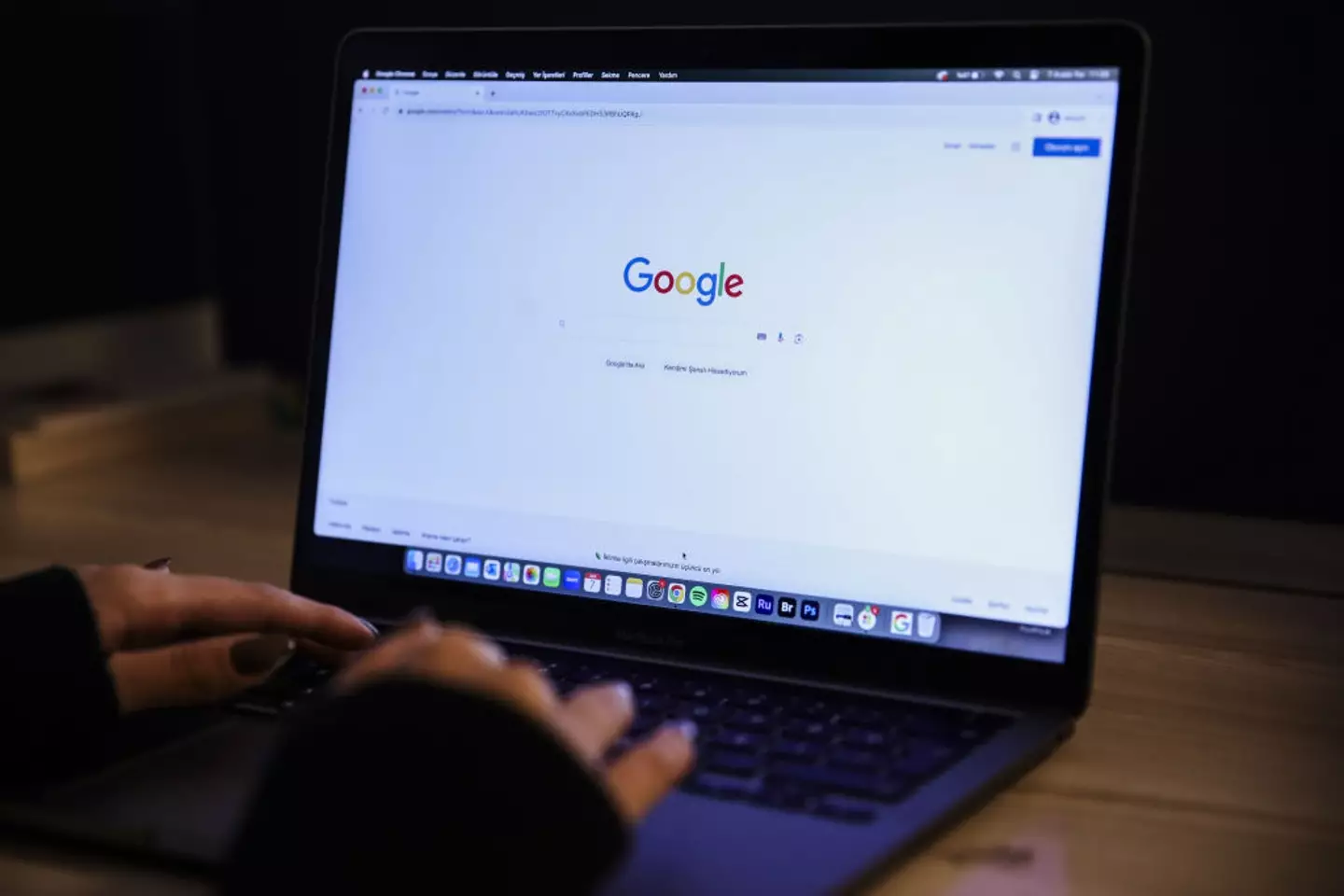
Google is certainly very handy, isn't it?
Whether you need to Google where the hell you've seen that actor before or are trying to find a synonym for a word in your college essay, Google is always on hand to help us out.
But while you may want to ask Google everything and anything, there are some words you are going to want to stay well clear of putting in that search engine.
Don't say you haven't been warned...
Advert

Regular users of Google will of course have used Google Images.
And unfortunately there are some pictures on there that are better left to the imagination.
Sometimes Google does not come with trigger warnings, so consider this your friendly reminder to the billions who use the search engine every day, these words really aren't worth a Google search.
There are five words you want to keep in mind, all of which are stomach-churning, having been compiled in a report by It's Gone Viral last year.
Unsurprisingly, a lot of them are health-related, because who doesn't immediately go to Doctor Google whenever they're feeling a little under the weather?
That being said, it's important to remember that if you have any concerns about your health to consult a medical professional, instead of looking for answers on the likes of Google or Reddit.
Anyway, let's get into the words...
Larvae
The first word we highly recommend you don't Google is Larvae.
The noun, which according to the Oxford Dictionary is the 'active immature form of an insect', sounds like an innocent search.
But the search risk factor of Googling Larvae is that you could stumble across a condition of the same name.
According to WebMD: "Mouth larvae are parasites that hatch and live inside the oral cavities of human and animal hosts. These pests can cause a dangerous infection known as oral myiasis."
The site adds: "People can develop oral myiasis by eating larvae in their food. Flies can also enter the mouth and lay eggs in wounds."
It's a no from me...
Degloving
Next up is Degloving - something you'll certainly want to avoid, particularly because of the images that will never leave your head.
Thanks to WebMD, Degloving, which can also be known as avulsion, 'happens when a large piece of your skin along with the layer of soft tissue right under it is partially or completely ripped from your muscles and connecting tissues.'
Definitely unpleasant.

Krokodil
This next word has different meanings in other languages, though the one discussed in the It's Gone Viral report refers to the opioid drug desomorphine.
A Time magazine report from 2013 dubbed it as 'The World’s Deadliest Drug' - indicating how dangerous it really is.
It all began as doctors in Russia discovered 'strange wounds' on many drug addicts.
Later, it was discovered that they'd been injecting a new drug known as 'Krokodil', something that was later dubbed as a 'flesh-eating zombie drug' in a report from CNN.
Not really images you want in your head, right?
Fournier
You'd think this one wouldn't exactly be a bad one to Google, with Fournier a popular French surname.
However, Fournier can also refer to an 'acute necrotic infection' of the genital area, according to the National Organization for Rare Disorders (NORD).
WebMD warns: "Fournier’s gangrene gets worse quickly and can kill you, so it’s always an emergency."

Harlequin ichthyosis
The final word you really shouldn't be Googling is Harlequin baby syndrome, often known as congenital ichthyosis.
Healthline describes it as a 'rare condition affecting the skin', which is a 'type of ichthyosis, which refers to a group of disorders that cause persistently dry, scaly skin all over the body.'
The website states the skin of a newborn with the condition is 'covered with thick, diamond-shaped plates that resemble fish scales.'
Babies with the condition need to be treated immediately.
